- Written By Team DWS
- Festivals
- May 04, 2025
Celebrating Europe Day: Embracing Unity in Diversity
Every year on May 9th, Europe Day is celebrated across the continent, marking a significant moment in the history of European integration. The day honors the Schuman Declaration of 1950, which suggested creating the European Coal and Steel Community and set the groundwork for what would later develop into the European Union (EU). However, Europe Day is not merely a historical reminder; it is a celebration of unity, peace, and diversity among the diverse cultures, languages, and traditions of Europe. In this blog post, we will explore the essence of Europe Day, its historical significance, and the ways in which we can embrace unity in diversity.
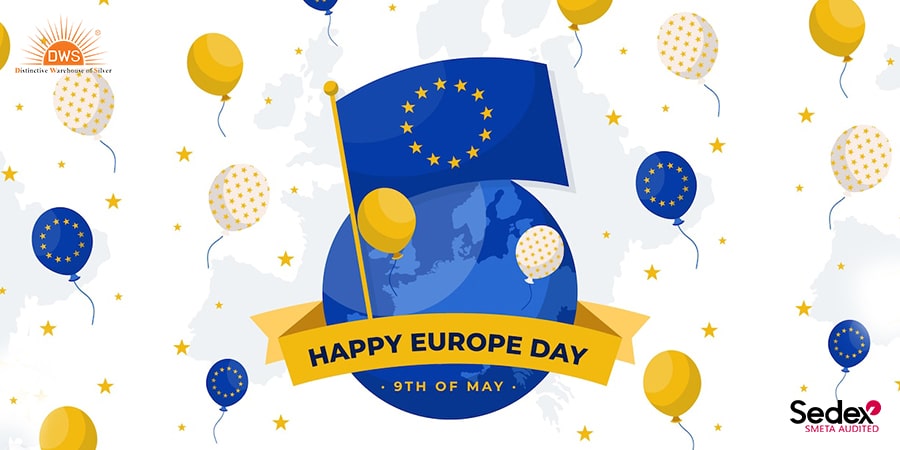
The Historical Context of Europe Day
The inception of Europe Day took place in the wake of World War II, a time when European nations were devastated by conflict and division. The Schuman Declaration represented a vision for a unified Europe, where nations would cooperate economically and politically to prevent future wars. The idea was simple yet profound: by interlinking their economies, European countries would make war not only unthinkable but materially impossible.
The establishment of the European Union in the subsequent decades reflected this vision, promoting peace, stability, and prosperity across the continent. Europe Day serves as a reminder of the ongoing commitment to these ideals, illustrating the importance of cooperation in overcoming historical grievances and fostering mutual understanding.
Unity in Diversity: The European Experience
One of the most compelling aspects of Europe is its rich tapestry of cultures, languages, and traditions. From the fjords of Norway to the Mediterranean shores of Greece, each country carries its unique identity while collectively contributing to the European experience. This diversity is often encapsulated in the EU’s motto, “United in Diversity,” which highlights the strength that comes from different backgrounds coming together.
Europe Day is an opportunity to celebrate this diversity and recognize the contributions of various cultures to the collective identity of Europe. Festivals, parades, and educational events throughout the continent invite people to engage with the languages, customs, and culinary delights of their neighbors, fostering appreciation and understanding.
Celebratory Initiatives Across Europe
Various initiatives take place across Europe to honor Europe Day, showcasing the continent's commitment to unity and cooperation. Cities organize cultural events, exhibitions, and workshops that promote intercultural dialogue. Schools engage students in Europe-related activities, from art projects to debates, encouraging them to think critically about European citizenship and identity.
Moreover, the European Parliament and various institutions host events that educate citizens about the EU and its role in their lives. Through competitions, concerts, and open-door events at EU institutions, citizens are encouraged to engage with the political process and learn more about the benefits of unity in a diverse society.
Embracing Unity in Diversity: How We Can Contribute
While Europe Day serves as a reminder of progress made, it also urges us to reflect on the work that still lies ahead. As proud citizens of our respective nations, we can promote unity in diversity through small, yet impactful actions in our daily lives. Here are a few ways to contribute:
- Promote Cultural Exchange: Engage with communities different from your own. Attend local cultural festivals, explore cuisines from various countries, or participate in language exchange programs. Such interactions enrich our understanding of each other’s lives and experiences.
- Educate and Advocate: Share knowledge about European integration, its history, and its impact on global issues such as climate change, migration, and human rights. Advocacy for inclusive policies that support diversity is also critical for a harmonious society.
- Volunteer: Get involved in local organizations that promote multiculturalism and social integration. Volunteering in community projects can help bridge divides and create a sense of belonging among different groups.
- Participate in Dialogues: Attend forums or discussions on European identity and multiculturalism. Listening to diverse perspectives fosters empathy and a deeper comprehension of the challenges and advantages of living in a multicultural society.
Conclusion: A Vision for the Future
As we celebrate Europe Day, let us reaffirm our commitment to the values of peace, unity, and cooperation that the EU stands for. By embracing our differences and learning from one another, we can strengthen the bonds that tie us together. The essence of Europe lies in its ability to harness the power of diversity, transforming it into a source of strength and innovation.
Together, we can build a future that honors our rich past while moving forward in a spirit of solidarity and mutual respect. Let Europe Day serve as a reminder that, despite our differences, we share a common goal — a peaceful, united, and thriving Europe. Let’s embrace this opportunity to celebrate what makes us unique while reaffirming our shared aspirations for a brighter tomorrow.

Europe Day FAQs: Everything You Need to Know About Celebrating Unity and Diversity in Europe
Sure! Here’s a set of frequently asked questions (FAQs) about Europe Day:
1. What is Europe Day?
Europe Day is celebrated on May 9 each year to commemorate the Schuman Declaration of 1950. This declaration proposed the creation of a European Coal and Steel Community, which laid the foundations for the modern European Union (EU).
2. Why is May 9 significant?
May 9 is significant because it marks the anniversary of the Schuman Declaration, which is considered a pivotal moment in European integration. It symbolizes the importance of peace, unity, and cooperation among European nations.
3. How is Europe Day celebrated?
Europe Day is celebrated through various events and activities across EU member states. These may include cultural events, open-door activities at EU institutions, educational programs, and community events that promote the values and goals of the EU.
4. What is the theme for Europe Day?
Each year, Europe Day may have a specific theme that reflects current issues or priorities within the EU. Themes can vary from promoting cultural diversity, highlighting environmental sustainability, to fostering digital innovation.
5. Who organizes the events for Europe Day?
Events are organized by a variety of stakeholders, including EU institutions, national governments, local authorities, educational institutions, and civil society organizations.
6. Are there any official events on Europe Day?
Yes, the European Union organizes official events in Brussels and other cities. This can include speeches by EU leaders, cultural performances, workshops, and public discussions.
7. How can I get involved in Europe Day activities?
You can get involved by participating in events in your local area, attending educational workshops, volunteering for organizations that advocate European unity, or even hosting your own event to raise awareness about European issues.
8. What is the significance of Europe Day for EU citizens?
For citizens of EU member states, Europe Day is an opportunity to reflect on the achievements of the EU, celebrate diversity, and reinforce the values of solidarity, democracy, and peace that the EU stands for.
9. Is Europe Day recognized outside of the EU?
While Europe Day is primarily recognized within the EU, it can also be acknowledged in other countries, particularly those with significant European ties or partnerships. Some non-EU countries participate in celebrations or hold events related to European integration.
10. How does Europe Day relate to other European commemorations?
Europe Day is part of a broader calendar of European commemorations, including the European Year of Cultural Heritage, Europe’s Day of Languages, and the anniversary of the Treaty of Lisbon, among others. Together, these events promote the values of peace, stability, and unity in Europe.
11. Where can I find more information about Europe Day?
For more information, you can visit the official European Union website or check with your local EU office or embassy. Social media channels and community bulletins can also provide information on local events and celebrations.
Feel free to modify any of these questions or add more specific details as necessary!
Popular on Blogs
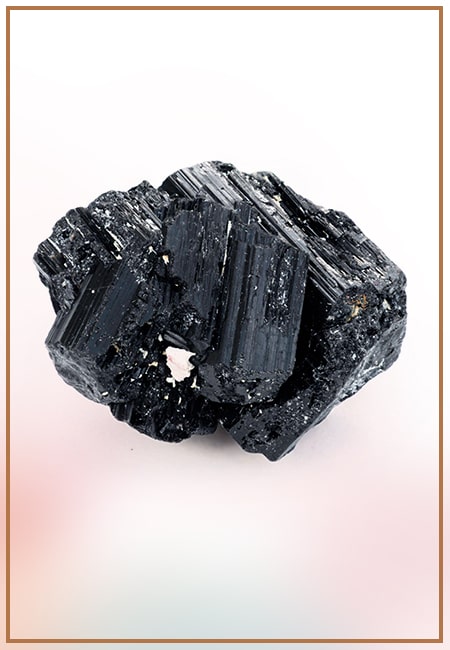
Black Tourmaline: Meaning, Healing Properties, Fascinating Facts, Powerful Attributes, Versatile Uses, and Beyond
September 05, 2023 / BY Team DWS
Black Tourmaline, also known as Schorl, is a highly revered crystal with incredible metaphysical properties. It derives its name from the Dutch word "turamali," meaning "stone with ..
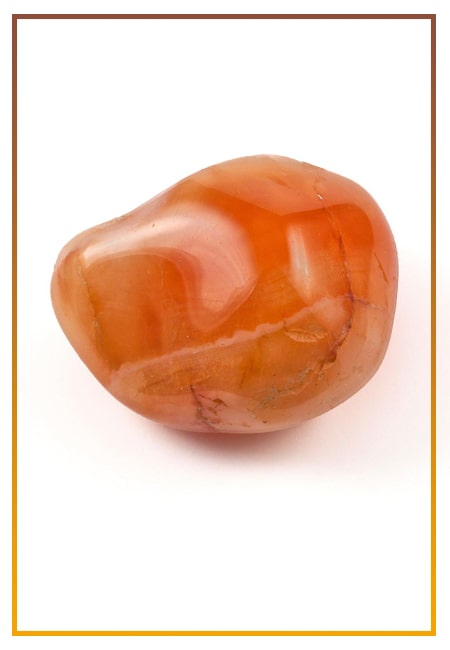
Carnelian Stone: Meaning, Healing Properties, Power, Facts, Color, Uses and More
December 26, 2023 / BY Team DWS
Carnelian is a vibrant and captivating gemstone that holds a plethora of meanings, healing properties, and powers. Its warm and fiery energy makes it a popular choice among crystal ..
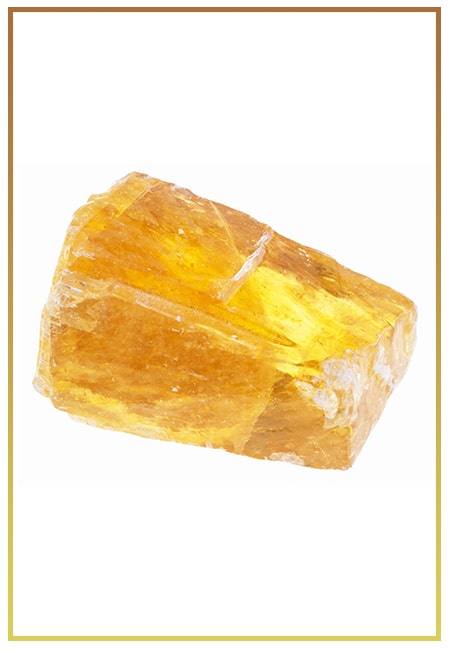
Citrine: Exploring its Meaning, Healing Properties, Fascinating Facts, Powers, Versatile Uses, and Much More
November 18, 2023 / BY Team DWS
Citrine, with its warm golden hues, has captured the attention and imagination of people for centuries. This beautiful gemstone, commonly associated with wealth and prosperity, hol ..
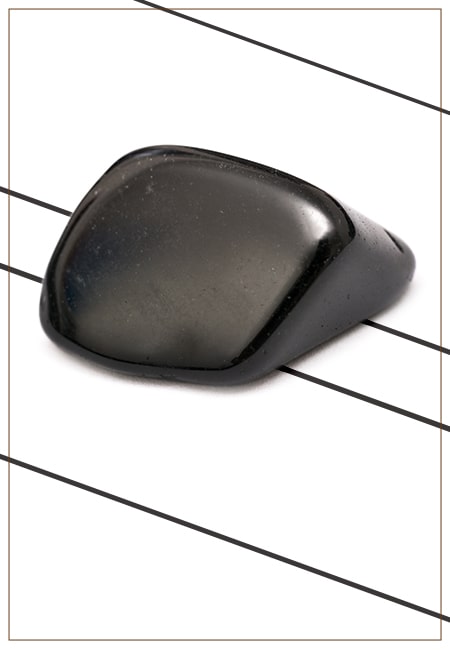
Black Onyx: Unveiling the Meaning, Healing Properties, Fascinating Facts, Powerful Attributes, Versatile Uses, and Beyond
July 25, 2023 / BY Team DWS
Black Onyx, a striking gemstone admired for its deep black hue and elegant appearance, has captivated people for centuries. In this comprehensive guide, we will delve into the mean ..
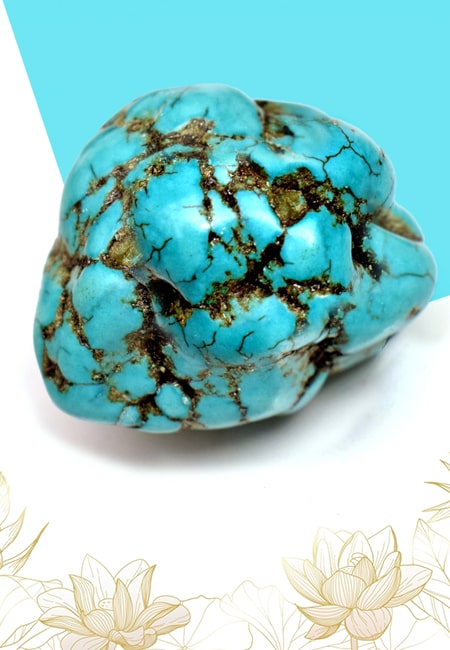
Unveiling the Mysteries of Turquoise Stone: Exploring its Meaning, Healing Properties, Power, Facts, Color, Uses, and More
December 05, 2023 / BY Team DWS
Turquoise, with its captivating blue-green hue, has been adorning jewelry and artifacts for centuries. This striking stone has a rich history, rich symbolism, and a plethora of int ..
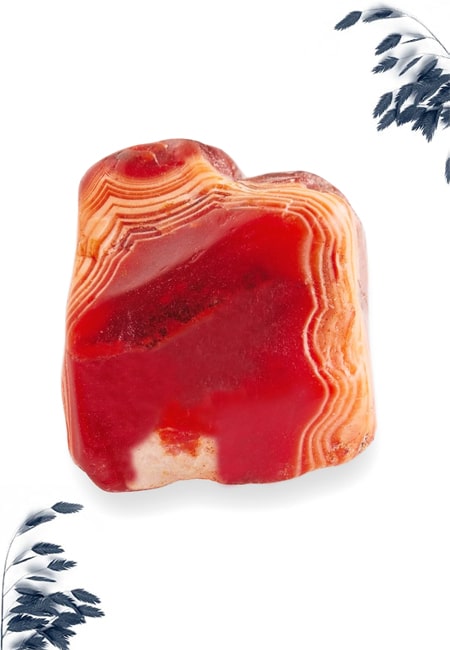
The History Behind The Popularity of Red Agate
December 23, 2022 / BY Team DWS
An Agate is a type of magma rock that takes many years till it is washed out naturally into the water. And that is the reason this stone has elements of water. This beautiful stone ..
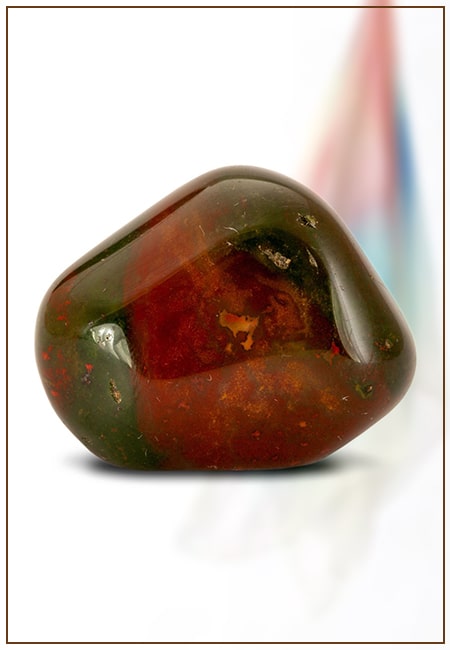
Bloodstone: Unveiling the Meaning, Healing Properties, Facts, Powers, Uses, and More
August 21, 2023 / BY Team DWS
Bloodstone, with its captivating deep green color with specks of red, is a mesmerizing gemstone that has fascinated civilizations for centuries. It possesses unique healing propert ..
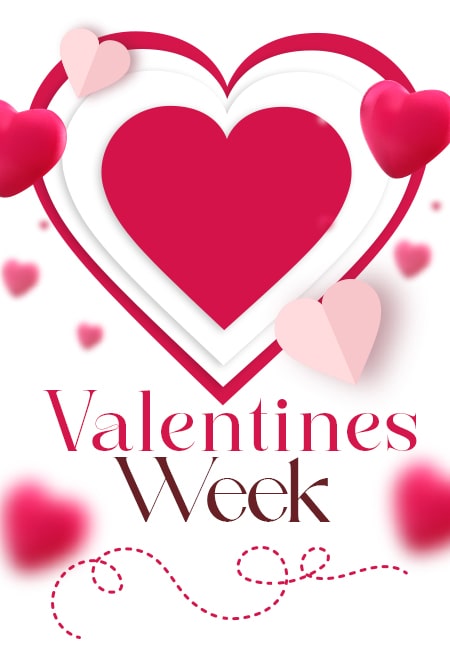
Plan a Perfect Valentine's Week with Our Valentine Week List 2025
January 22, 2024 / BY Team DWS
Valentine's Day is undoubtedly the most romantic day of the year, but we believe that one day is just not enough to express your love and make your partner feel special. That's why ..


